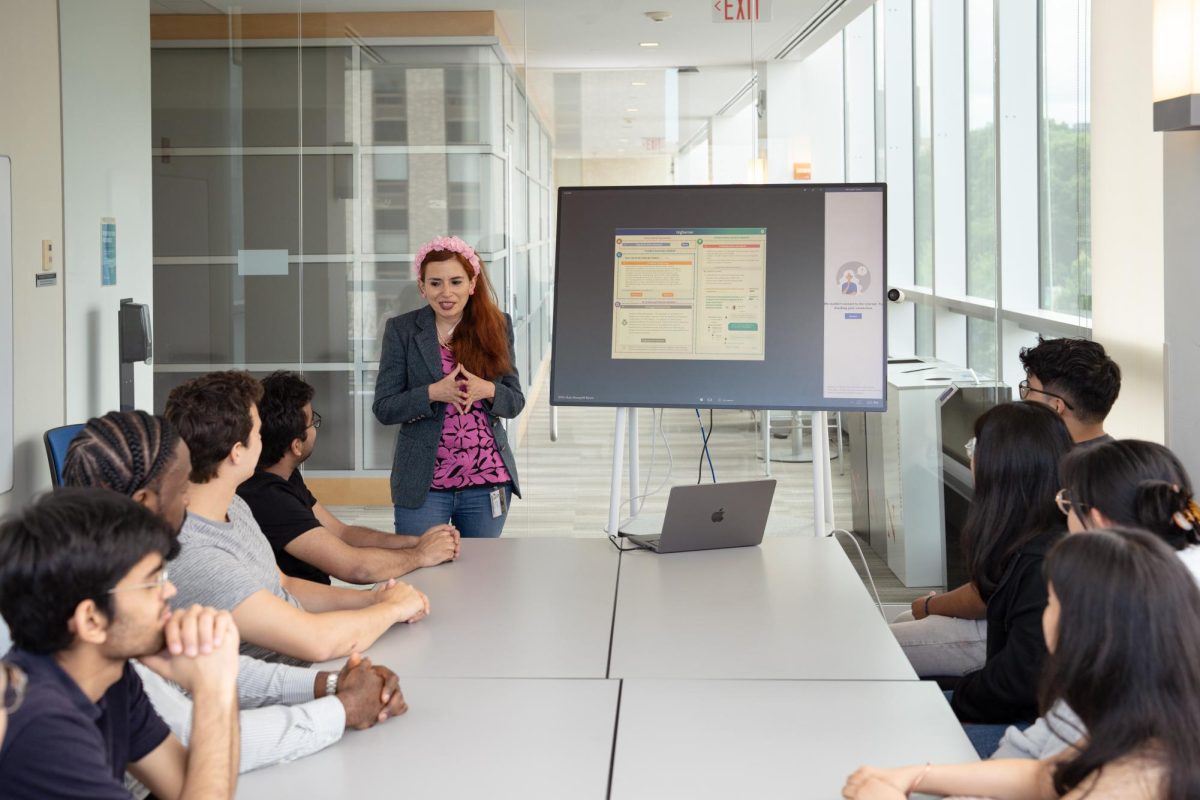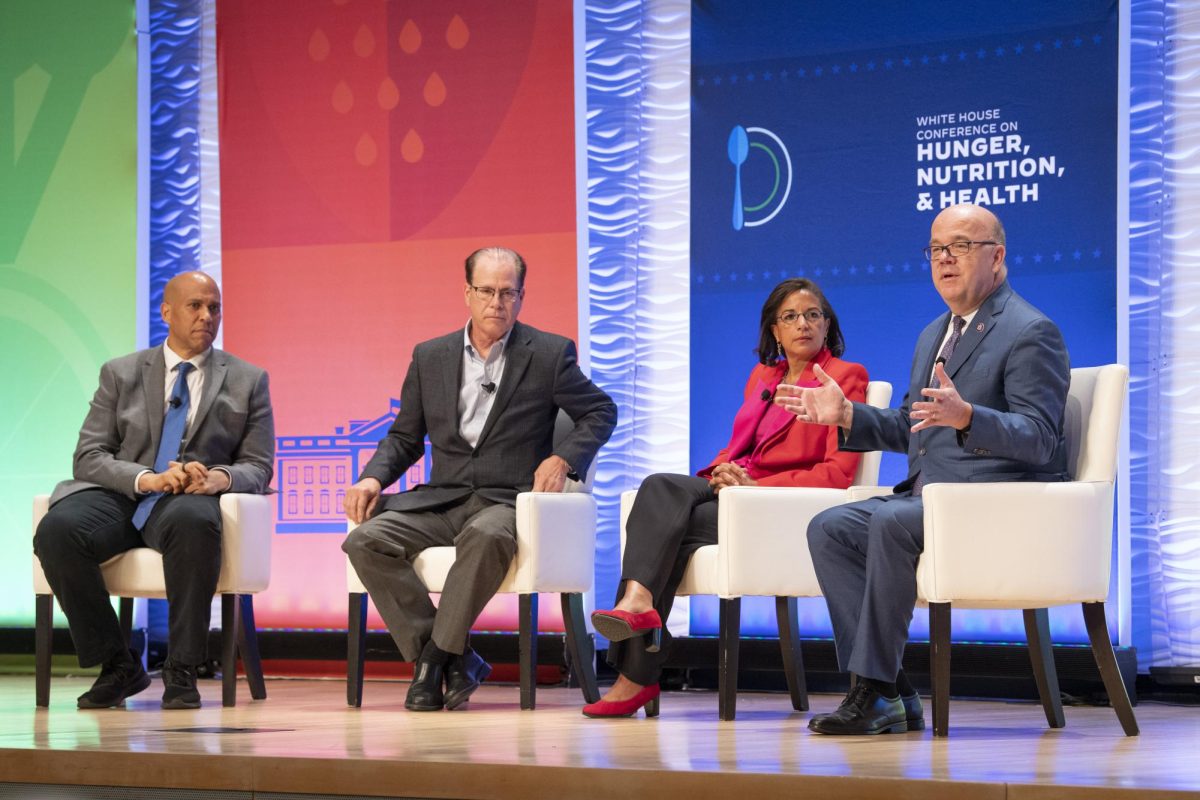By Raffaela Kenny-Cincotta, News Correspondent
The website torrentfreak.com calculated a list of the most active US universities on networks of the file-sharing platform BitTorrent this year and identified Northeastern as No. 12 in terms of downloads.
By recognizing computers and networks via IP-addresses, the site was able to track downloads back to individual universities. Topping the list was the Massachusetts Institute of Technology.
A 2006 study by the Christian Science Monitor identified two-thirds of the music owned by college students as coming from illegal downloads. According to BitTorrent Inc., as of January 2012 there were 150 million active users on its network, and although the act of file sharing itself is not illegal, using this technology to distribute copyrighted materials is.
Companies with stakes in commonly downloaded copyrighted material like movies and music have increased lobbying efforts in recent years in an effort to convince the government and Internet providers to crack down on websites that provide illegal content for downloads and users who download it.
Severe fines have been placed on offenders like Boston University student Joel Tenebaum, who is being fined $675,000 for downloading 31 songs when he was a teenager.
“I torrented when it was easier to use, and less monitored,” Bryan Carifio, a senior English major, said. “I tried to download a movie once at home and my Internet provider sent me an email, which kind of scared me, so I don’t really do it anymore.”
The TorrentFreak rankings don’t exclusively measure the number of illegal downloads on a campus, but rather number of visits to a torrenting network. In addition, the technology used to conduct the study could not accurately encompass every single visit to a torrent network. Tech-savvy students can hide their IP-addresses using methods like a virtual pirate network, which allows an individual to file share virtually undetected.
Northeastern and other colleges and universities have made conscious efforts to dissuade students from file sharing on school networks.
The university’s Appropriate Use Policy states that “It is prohibited to use Northeastern information systems for unlawful purposes, including, but not limited to the installation of fraudulently or illegally obtained software, harmful software, illegal dissemination of licensed software, sharing of content where the disseminator does not hold lawful intellectual property rights … the University reserves the right with or without notice, to monitor, record, limit or restrict any account holder’s access and/or usage.”
But some Northeastern students are undeterred by the university’s policies.
Junior economics major Matthew Laubach is a torrent advocate, and said, “I use The Pirate Bay [a popular torrent site], and I’m very favorable toward file sharing.
“They allow people to obtain the content and material they want, in the way that they want, without much hassle.”
Some people, such as freshman English major Christina Gallo, are aware of the risks that come with downloading from untrusted sources, though.
“I don’t download music that way because there is always the risk of a computer virus … I just use Pandora. It’s a safe, legal way to listen to what you want,” she said. “Don’t get me wrong, I have torrented in the past, but I try not to anymore.”








